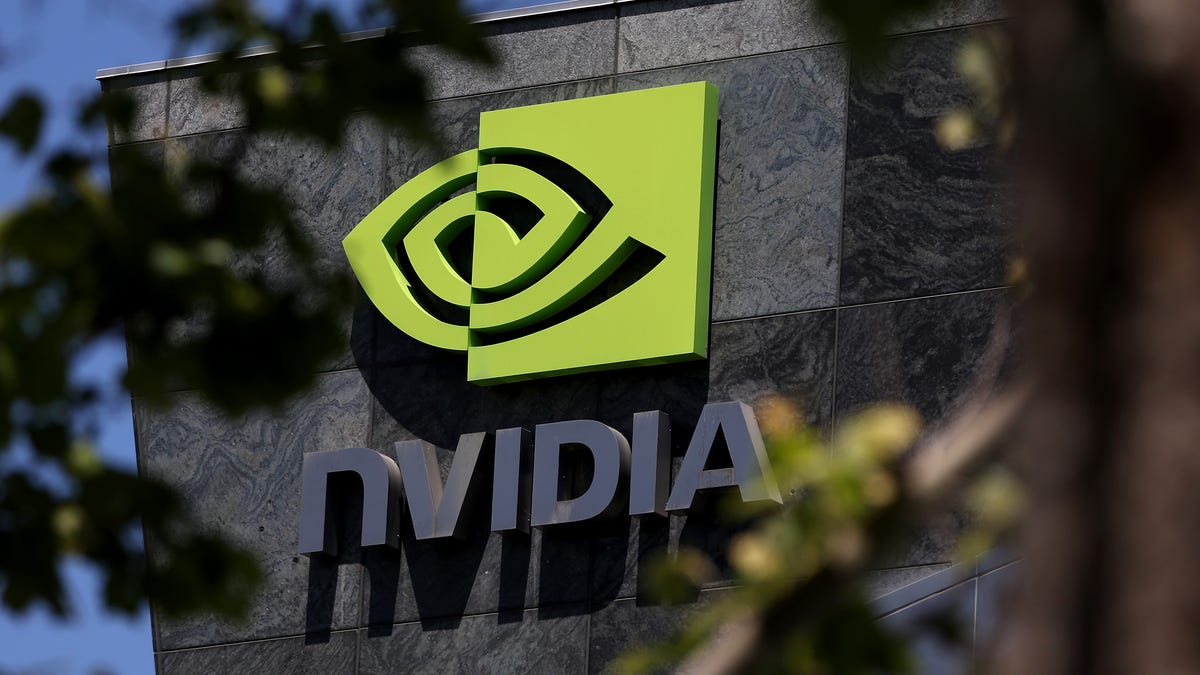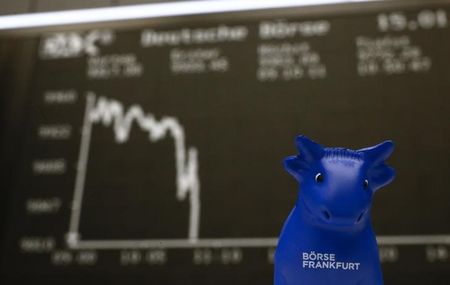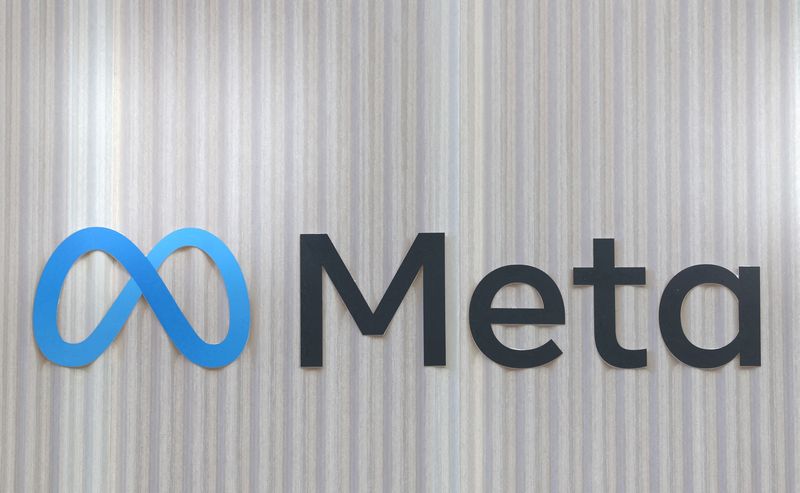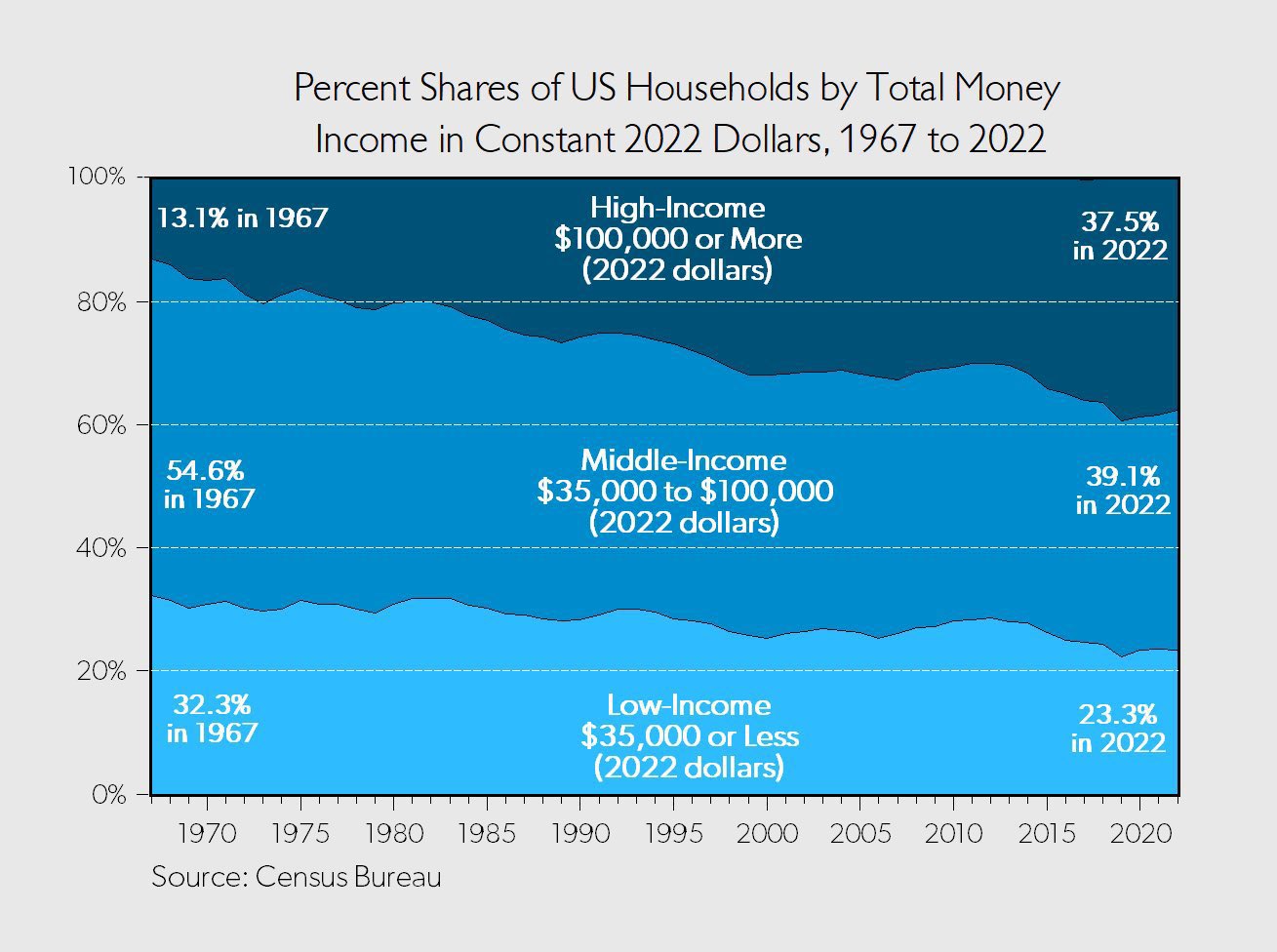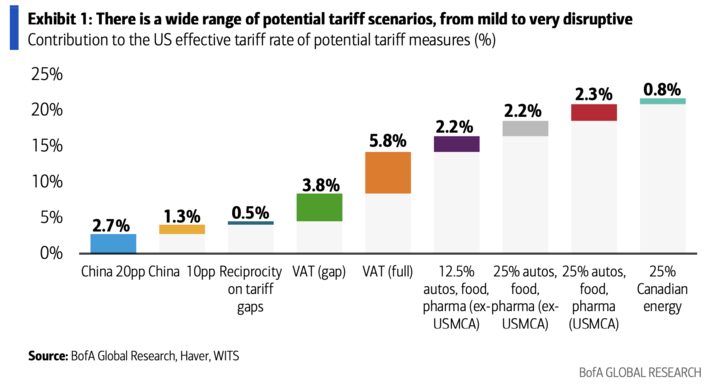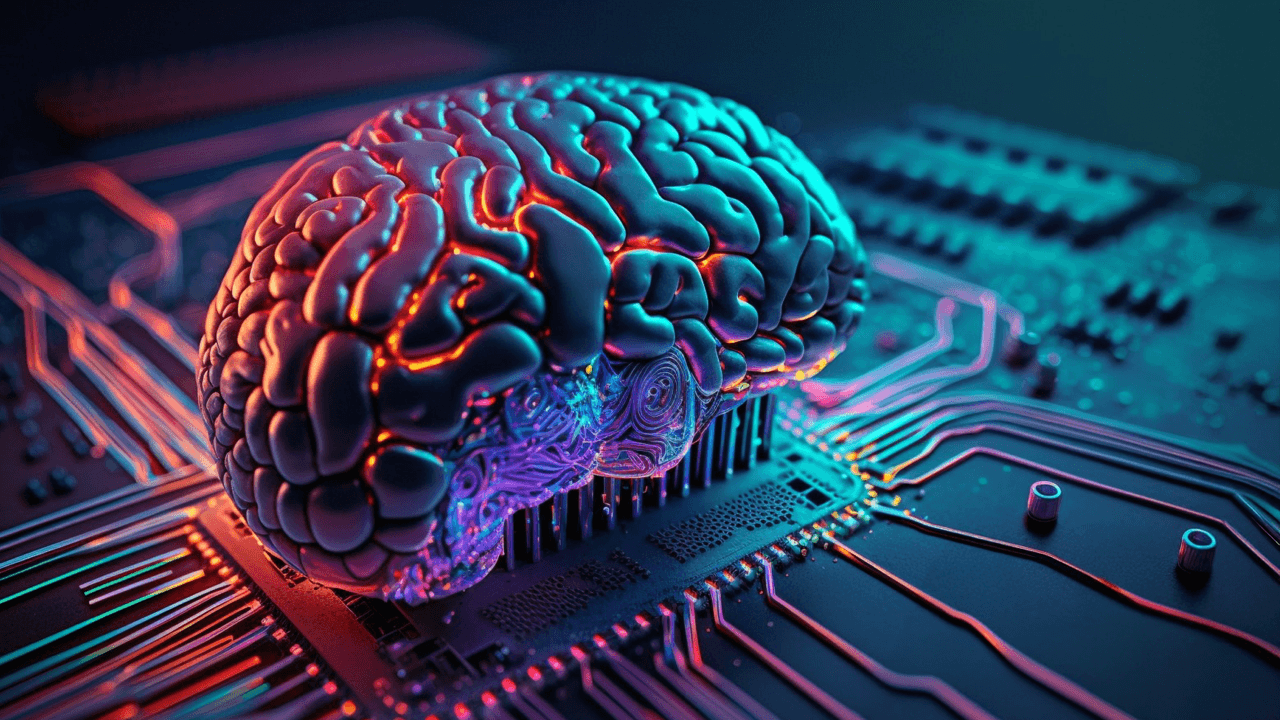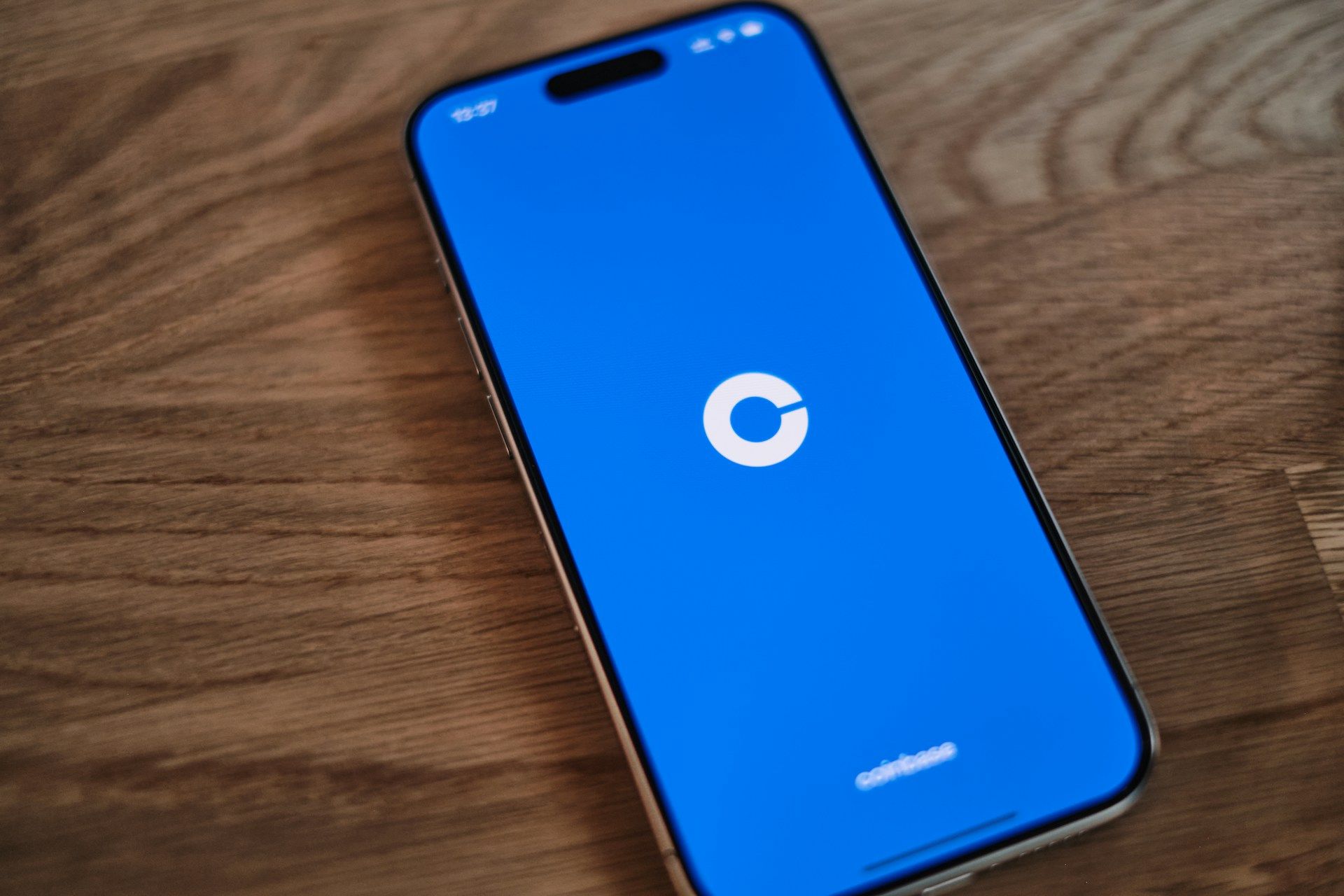Indeed CEO Chris Hyams reveals two-thirds of jobs on the platform demand skills that AI can already handle
AI’s war on jobs isn’t coming—it’s here. With some 300 million jobs potentially at threat, Indeed's CEO says empathy, compassion, and teamwork can help you stand out.

- Indeed CEO Chris Hyams says AI can perform skills for “roughly two-thirds” of jobs on the employment platform. With some 300 million jobs potentially at threat, he says empathy, compassion, and teamwork can help you stand out.
As robots are suiting up in factories and making their way into an office near you, the war on jobs isn’t coming—it’s here. Now, Indeed’s CEO Chris Hyams has revealed that “roughly two-thirds” of jobs posted on the employment platform require skills that AI can already take on.
“We have 300 million plus job seekers coming to Indeed every month… and there’s a lot of anxiety [about whether] AI is going to help or hurt jobs,” Hyams said in an interview with CNBC Make It.
That assertion may send alarm bells ringing in the ears of millions of workers.
But the chief executive wanted to set the record straight: that as of February 2025, there’s not a single job posted on Indeed that AI could do completely alone. He maintained people will still be needed at the core of every department.
“AI can do math very well. It can’t draw an IV very well,” Hyams said. “You can’t have zero customer service reps [or] replace them with AI.”
AI may not take your entire job—but it’ll cut down your workload
Hyams’ perspective on AI paints both doomsday and optimistic pictures at the same time. While the likes of large language models and automation aren’t totally ready to take over jobs, these tools can already take the majority of work off people’s plates. And that may mean fewer people needed to do what’s left.
About 41% of bosses anticipate reducing their workforces over the next five years, according to a 2025 report from the World Economic Forum. And Goldman Sachs estimated that 300 million jobs could be lost or impacted by the advanced tech in the coming years.
Workers know corporations live by their bottom line—driving profits with greater efficiency. AI agents and tools are simply cheaper to deploy, no health benefits or overtime required. It’s expected the U.S. will spend $7.6 billion on AI agents this year. And with McKinsey consultants predicting that AI could unlock $4.4 trillion in annual corporate productivity gains, it’s hard to dismiss the business proposition.
It’s no wonder 32% of workers believe AI will lead to fewer jobs.
In an era where technology can do so much, Hyams predicated those with soft skills like emotional intelligence will stand out. He pointed out star candidate qualities—like empathy, compassion, decision-making, and teamwork—have become the new differentiators in who gets hired.
AI could bring a 2-day workweek, or lower wages
With AI taking on much of the heavy lifting, the idea of work itself could be flipped on its head. Leaders expect that the Monday through Friday, nine-to-five white-collar routine could be scrapped as AI-led efficiencies reel in. Thanks to the advanced tech, corporations might embrace a three or four-day workweek with open arms.
Microsoft billionaire Bill Gates recently told the audience on Jimmy Fallon’s “The Tonight Show” that humans eventually won’t be needed “for most things.” But he was quick to reassure viewers that AI will actually shoulder the brunt of work—and people would only need to clock in a few days a week to get things done.
“What will jobs be like? Should we just work like 2 or 3 days a week?” Gates said on the show. “If you zoom out, the purpose of life is not just to do jobs.”
But humans won’t be smiling when less work spells slimmer paychecks—the European Central Bank found that AI imparts “neutral to slightly negative impacts” on people’s wages.
While the idea of laying back and letting an AI agent take on the bulk of work sounds nice, lower-level employees with less job security anticipate a different reality
Gen Z, junior workers traditionally taking on mundane tasks that could be optimized with tech, are particularly afraid. About 62% believe AI could take their jobs in the next decade, according to a 2024 report from General Assembly. And their concerns could stem from what they’re witnessing. Between May 2023 and February 2024, U.S. organizations scrapped more than 4,600 job cuts in the name of AI, according to data from Challenger, Gray & Christmas. But even that estimate is “certainly undercounting,” the firm’s senior vice president told Bloomberg.
“AI is able to perform many of the repetitive, low-level tasks that were typically handled by entry-level workers,” Lupe Colangelo, director of alumni engagement and employer partnerships at General Assembly, told Fortune. “Seasoned executives and managers, on the other hand, bring years of experience and context to the table that AI can’t quite replicate—at least not yet.”
This story was originally featured on Fortune.com

























